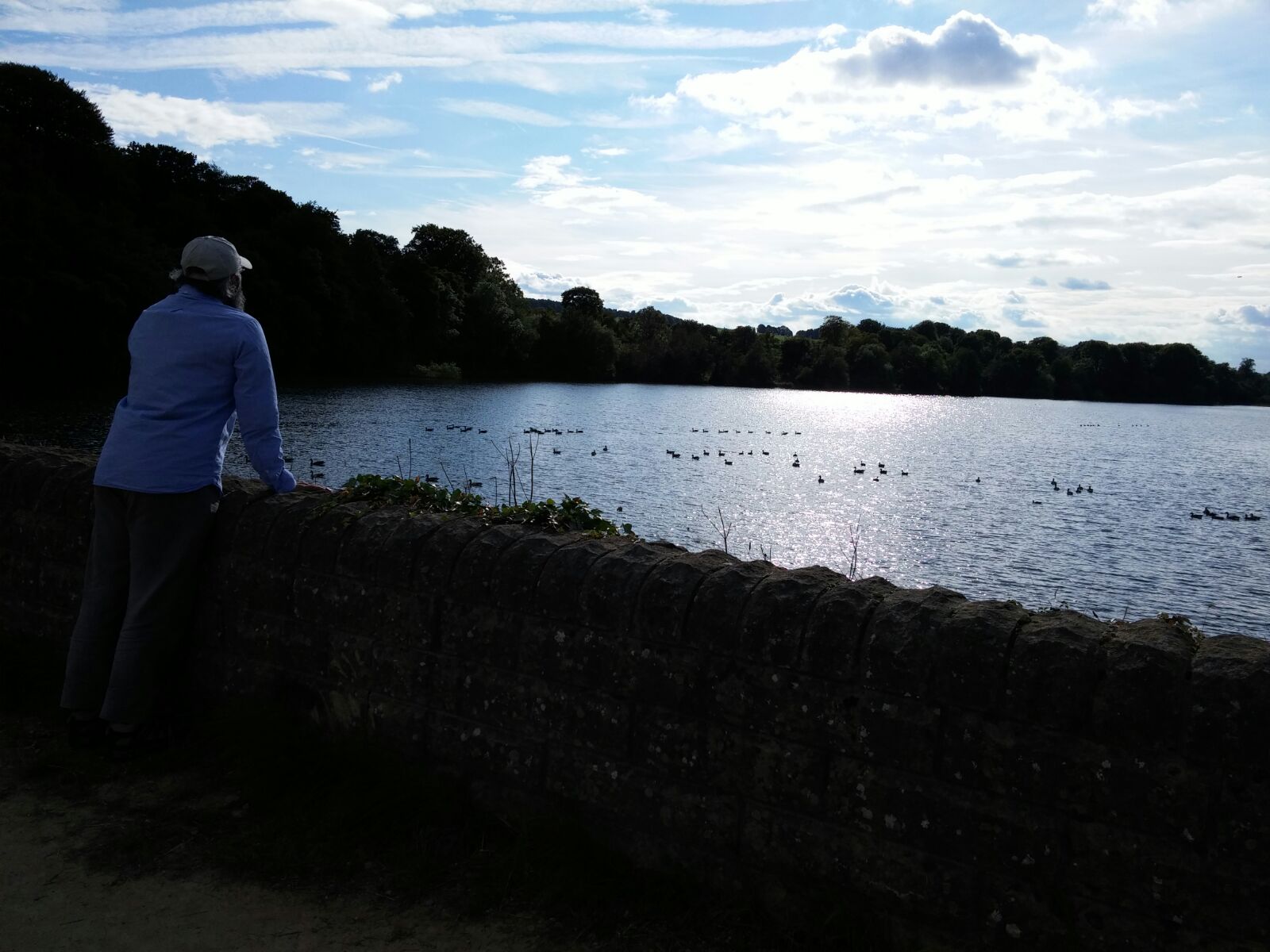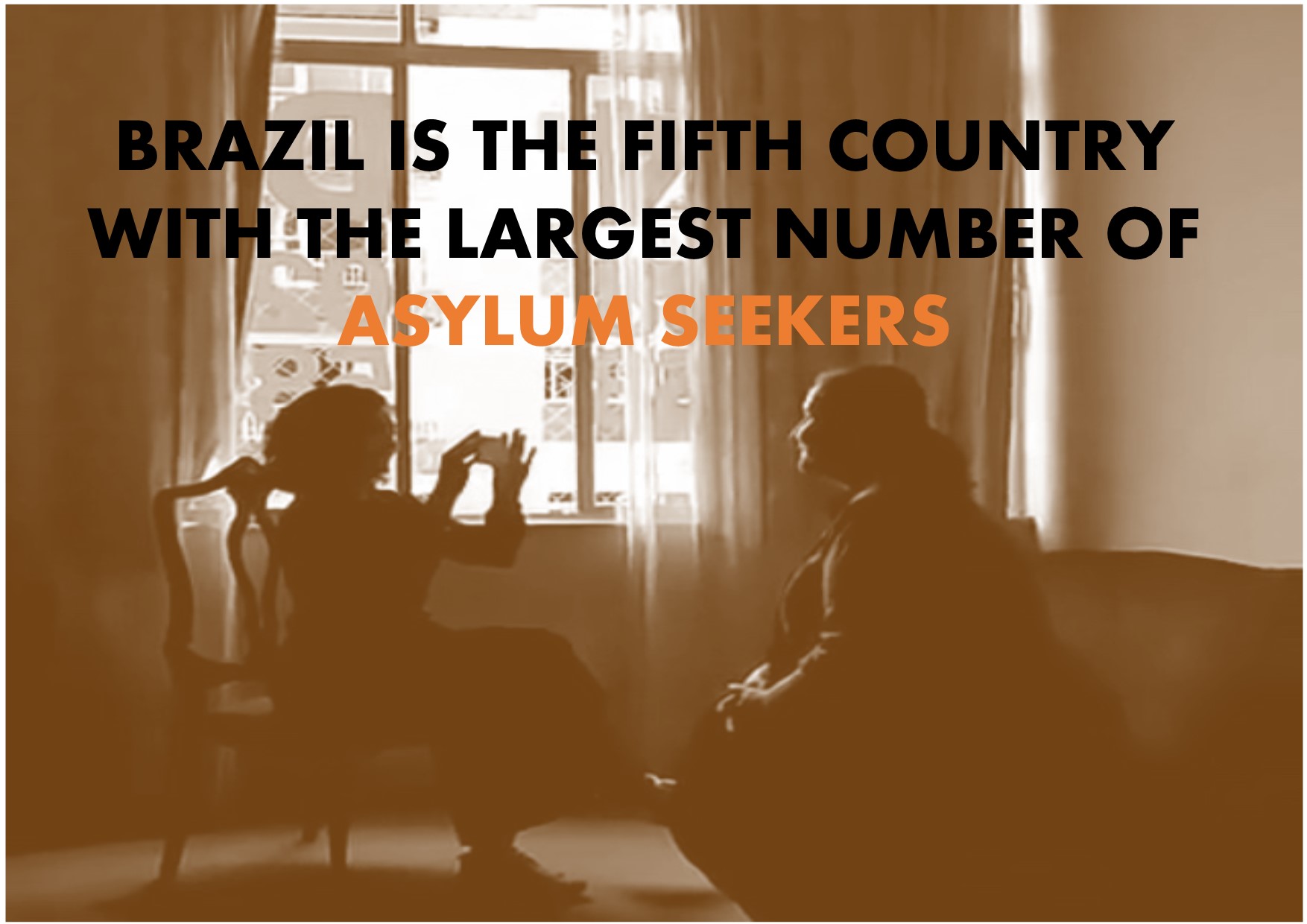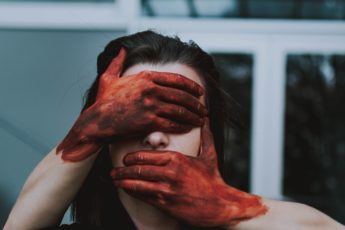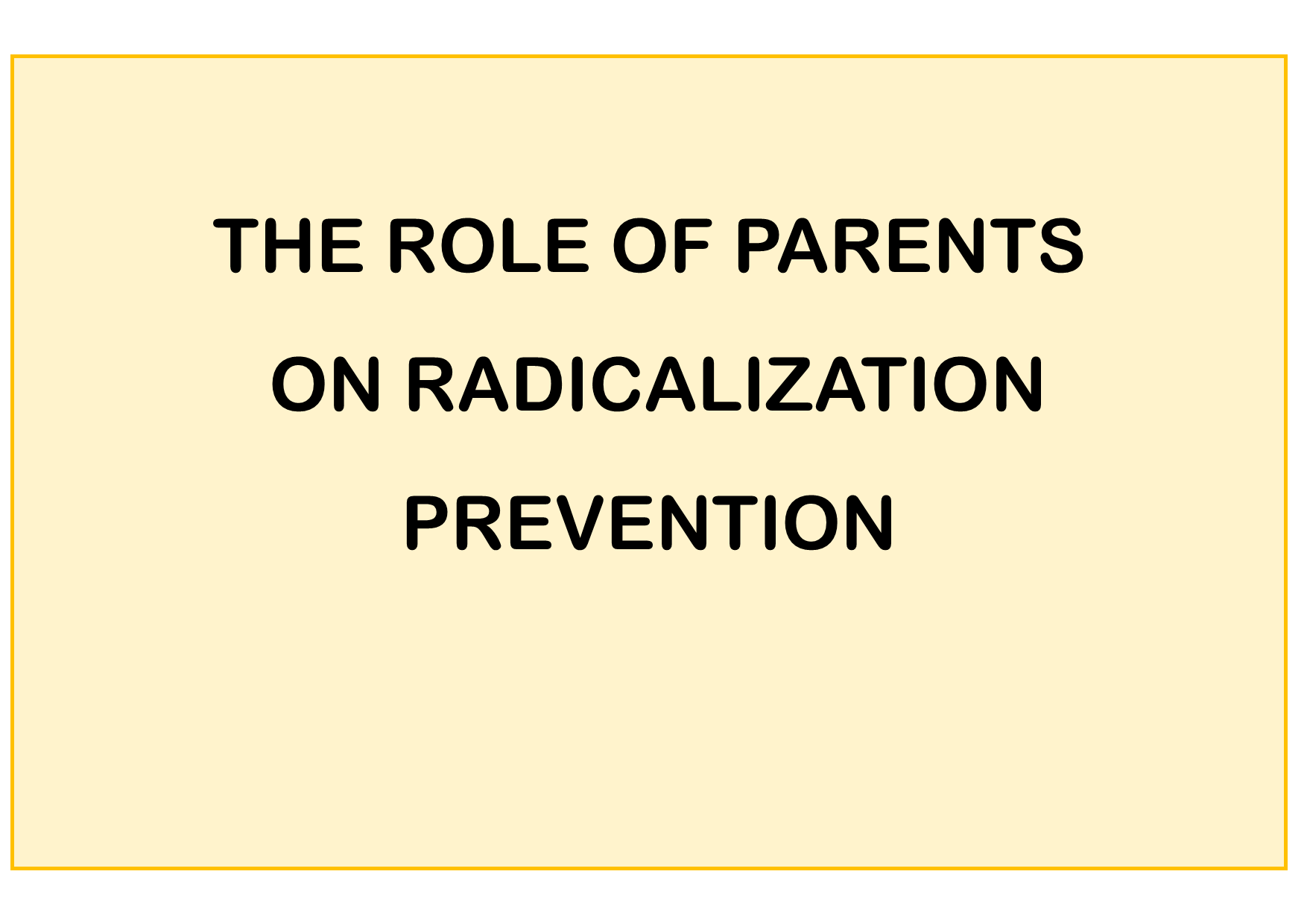
I can remember where I was on the 7th July 2005. I was at school, in drama class – a hut with black soundproof walls, when news of ‘a bomb gone off in London’ crept out. I was thirteen, decided to reserve my judgement until someone I trusted could confirm the news. In the back of my head, thoughts of my grandfather at work in the city pounded around. Back then, I didn’t know my grandad was safe in Canary Wharf.
But many people weren’t safe; three separate bombs were detonated aboard London Underground trains, and a fourth detonated on a double-decker bus. Fifty-two people were killed, and more than 700 injured. Ahmed Patel, whose sister was married to Mohammad Sidique Khan (the oldest of the 7/7 attackers, and recognised as the ringleader), was enjoying summertime with his children, before news of the attacks had even reached him. A few months ago he told us his story and I decided to write about it. Looking back to 7th July 2005, Mr. Patel remember it was a normal day to him.
As a father of 4 children, most of my time (and especially during July) was spent outside with the family. All I remember from July 7th is that before I switched off my computer at around 9am, after about half an hour of browsing, an electrical problem was reported on London Underground
He only realised his brother-in-law might have been involved in the attack on the morning of July 12th. At that moment, he thought the police officers were looking for the wrong person. He couldn’t believe Sidique had something to do with that attack.
There was a knock on the door, approximately 6 or 7am. I saw my mum, brother, sister and niece standing with MI5 / Scotland Yard officers. I asked, ‘what is this?’ My younger brother Arshad told me, ‘that thing is London has been done by Sidique.’ ‘What thing?’ I asked. The officers and my family came inside. I switched on my computer and there were just reports of raids in Dewsbury and Leeds, linked to the London incident. I obviously thought there was a mistake – there was no sign that my brother-in-law could be a murderer or bomber. I even told the officers that there was a big mistake. I watched the news all day. In the afternoon the pictures were shown of the bombers. I still didn’t believe it. I thought, ‘maybe he is a victim in a carriage.
I asked him if his brother-in-law had ever talked about suicide plans or whether he had any change in behaviour. Mr. Patel reveals Sidique used to travel a lot. However, he never suspected he would be in contact with extremists.
Most of what I know about my brother-in-law is from news, research and revelations after July 12th 2005. He led a perfectly crafted double life – travelling a lot. I would be annoyed by finding my sister home alone a lot, due to his travelling. I thought he may be having an affair or a second wife, so to me, he was just an annoying brother-in-law. My research into his “other life” shocked me, including the revelations by his own oldest brother
In 2016, Mr. Patel told the BBC that his family was also affected, with his children being bullied by other Muslim children.
We were not the perpetrators, but we were ostracised from the community – that is proof that the community views terrorism with disgust – and they view the families of terrorists with disgust
After his family was associated with terrorism because one of its members perpetrated a terrorist attack, Mr. Patel decided to raise his voice against extremism as an attempt to state clear that Muslims don’t endorse neither terrorism nor any type of violence.
As a Sufi Muslim, focussing only on self and community reformation, I have always been against terrorism – in fact, all oppression upon all humans. I take a very introspective view, and believe that all humans are answerable to god, not any man
To him, knowledge is the most important tool to prevent radicalisation.
To tackle radicalisation, it’s important to know more about each other, and focus on all that we have in common. All religions and peoples have differences. We all have different levels of wealth and privileges. Terrorist recruiters target angry vulnerable youth with grievances, and use them to take up some cause. One must try not to be manipulated online, or in real life, to hate someone for their different colour, religion, or even because they are too liberal etc, as terrorists also target LGBT communities, synagogues, mosques, and even peacemakers in the wider context. They are zealots who cannot stand any other way of life or thought but theirs.Tolerances of differences is vital, as the binary world view is dangerous. The planet consists of millions of different opinions and lifestyles, as is the human right, so bullying and intolerance could be precursors for worse to come
With respect to youth participation in radicalisation prevention, Mr. Patel believes small actions can have a big impact on local communities and even on people we don’t know, who access our content on the online space.
Focusing on studies and personal development should be the priority. By working in local, family and community projects, and involvement, you will be able to make a real impact and change. As circumstances around the world are not in our control, work locally, think globally. “Be the change you wish to see in the world
By Lauren Cadogan – University of Westminster/UK




